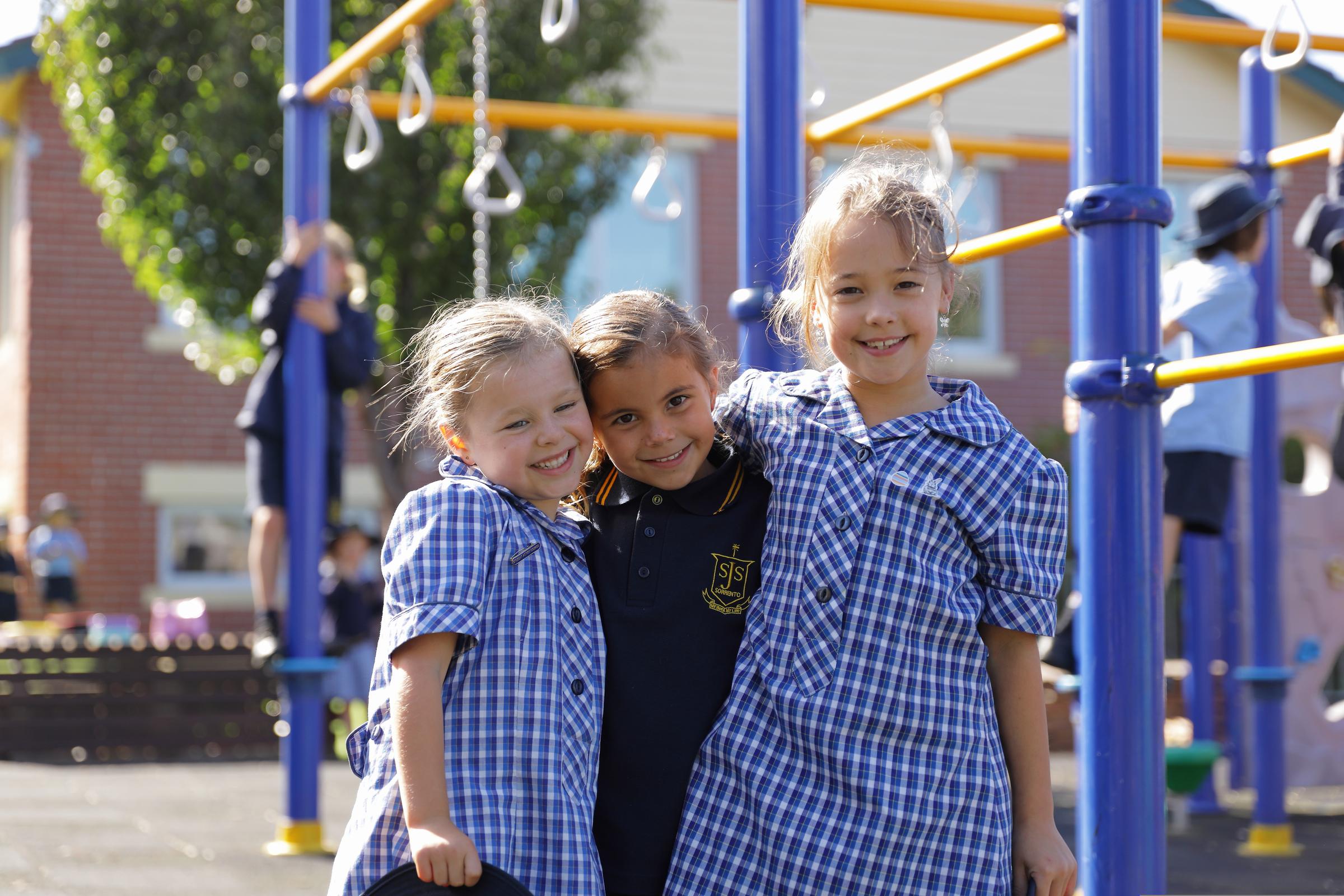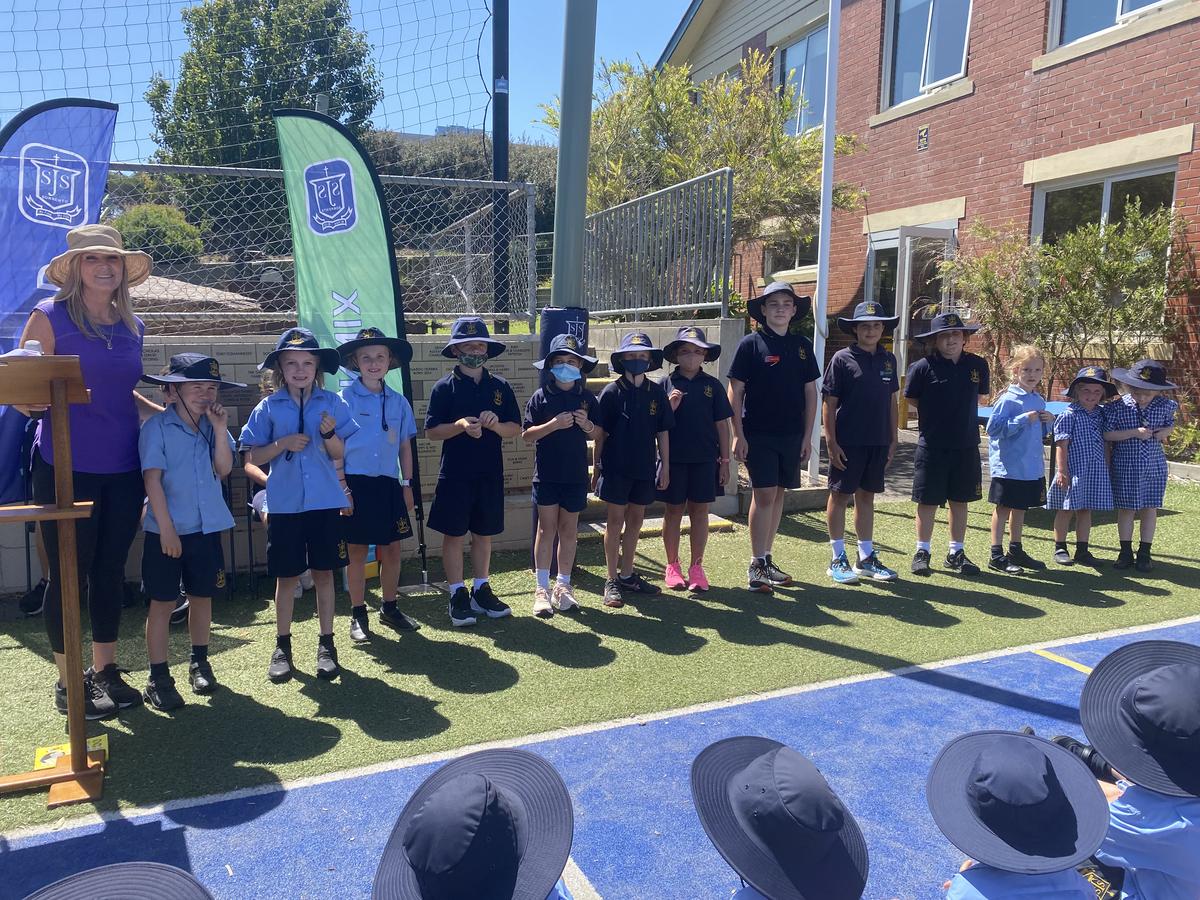Student Wellbeing
STUDENT VOICE AND AGENCY

Student Wellbeing
STUDENT VOICE AND AGENCY
STUDENT VOICE STATEMENT FOR CATHOLIC SCHOOLS (2020)
What do we mean by student voice?
The term student voice is often used interchangeably, along with others such as participation, involvement, agency, leadership, representation, empowerment and engagement. These terms each have their own meaning and history; they can also be used in ways that describe outcomes and/or processes (Holdsworth 2017, p. 18–21).
Student voice and participation encompasses opportunities for students to have a say about things that affect them (voice), to make decisions about their learning and its context (agency or empowerment), and to improve their wellbeing, sense of self and connection to learning (engagement).
In practice, these ‘approaches for action’ see students providing feedback to their teachers, actively negotiating their learning and working in partnership with teachers and others to improve the learning of all, and building a culture of learning together.
Catholic Education is committed to the active participation and voice of students in all aspects of school life. This is both a right for young people (as endorsed in the UN’s Convention on the Rights of the Child) but also recognises that student participation achieves and enhances important outcomes in learning, empowerment and engagement.
Student voice reflects the belief of a school or organisation in the value of the contributions that students are able to make to their faith, their school, their community and the common good.
What are the intended outcomes of student voice and participation?
Student voice and participation improve outcomes for teachers, students and school communities/systems in learning, wellbeing and self-awareness (Kirby & Bryson 2002).
For teachers: The feedback and advice that teachers gain from students enables them to improve their practices and to better meet the learning and wellbeing needs of all through students’ unique perspectives.
For students: Active participation of students in decision-making about their education enables greater commitment to learning and the development of more self-aware, self-confident and self-sufficient people.
For schools and communities/systems: Active partnerships with students and their representatives create better functioning schools where students, parents and teachers transform schools through an improved understanding and shared commitment.
ONE EXAMPLE OF HOW ST JOSEPH’S SCHOOL PROMOTES STUDENT VOICE AND PARTICIPATION IS THROUGH OUR.......
STUDENT ACTION COUNCIL
Congratulations to our newly elected SAC who were presented with their badges at last week’s assembly:
5/ 6KV:
Kye K & Harry M


5/ 6TV:
Arthur H & Jimmy Fi
3/4SL:
Anna T & Tahlia C
3/4DL:
Summer K & Finn B
1/2C:
Isabella W & Ace H
1/2FB:
Sienna B & Henry E
Prep:
Evie W & Saoirse McG
NCCD - What is the Nationally Consistent Collection of Data?
Schools must now complete the Nationally Consistent Collection of Data on School Students with Disability (NCCD) every year. It counts the number of students who receive additional adjustments or “help” at school because of a disability.
Please click on the attachment below for more information.
Kind Regards,
Jenny Todd and Lisa Inglese (Student Wellbeing Team)